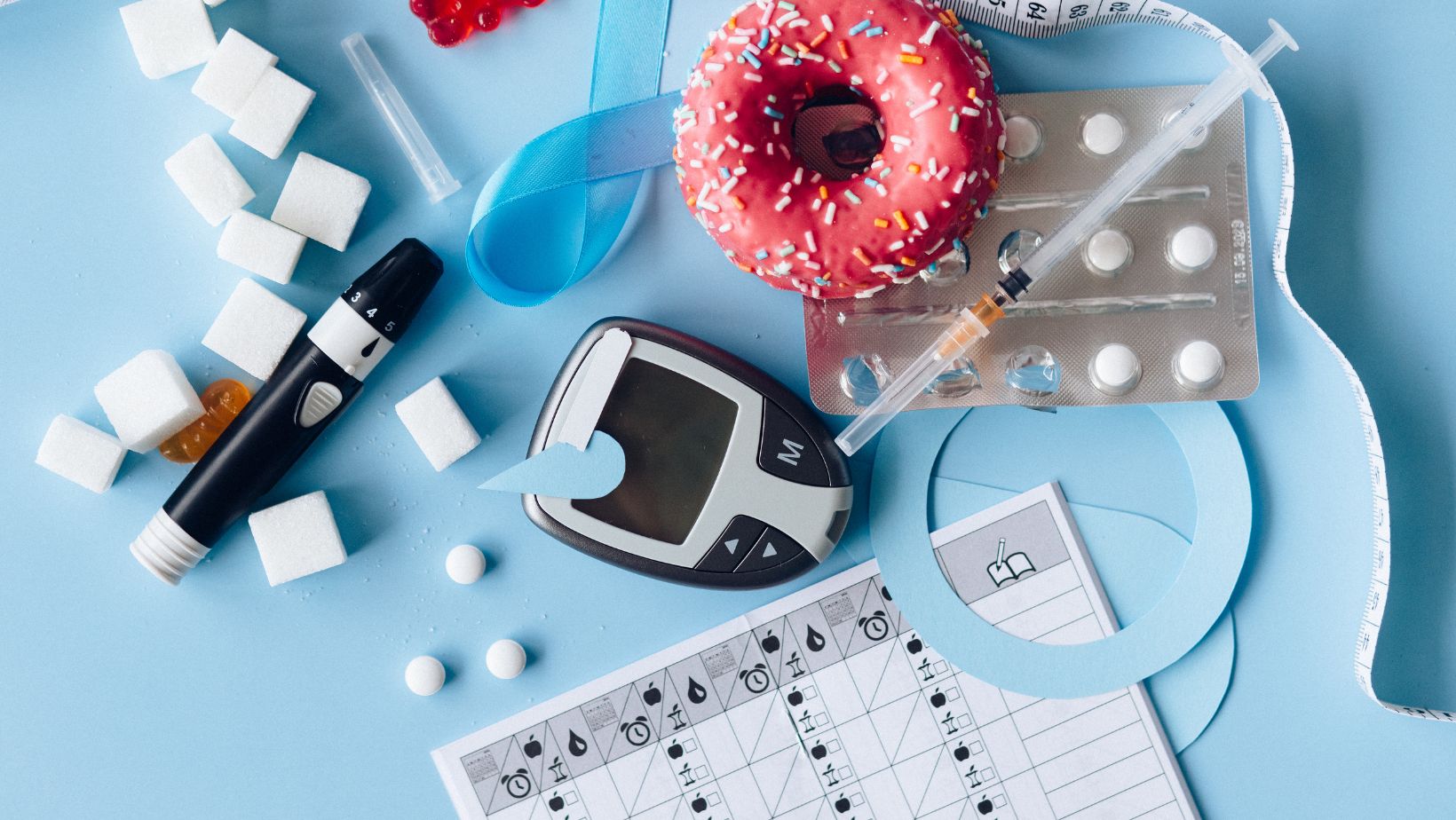Living with diabetes can often feel like a never-ending balancing act. Between constantly monitoring blood sugar levels, counting carbohydrates, and managing medication, it can be overwhelming at times. It’s no surprise that many individuals who suffer from this chronic illness struggle to find a balance in their daily lives. However, just because you have diabetes does not mean you can’t take control and navigate it like a boss. In this blog post, we will provide you with 7 easy tips to help make the process of managing your diabetes more manageable and enjoyable. So sit back, relax, and get ready to learn how to become the ultimate boss of your own health journey!
Tip 1 – Understanding Your Blood Sugar Levels And How To Monitor Them
Monitoring your blood sugar levels is crucial for managing your health, especially if you have diabetes. Understanding your blood sugar levels and how they fluctuate throughout the day is the first step in achieving this. By monitoring your levels regularly, you can identify patterns and make necessary adjustments to your diet, exercise regimen, and medication. With so many glucose meters available, it may be overwhelming to choose the right one. However, your healthcare provider can help you select a glucose meter that best suits your needs and provide guidance on when and how often to test. Remember, self-monitoring of your blood sugar levels is an essential tool in maintaining good health and preventing complications.
Tip 2 – Incorporating Physical Activity Into Your Daily Routine
One of the keys to living a healthy lifestyle is incorporating physical activity into your daily routine. While hitting the gym for an hour-long workout session is great, not everyone has the time or energy to do so. That’s why it’s essential to find physical activities that you enjoy and can easily fit into your schedule. This could be as simple as going for a walk after dinner or taking the stairs instead of the elevator. Regular physical activity not only helps control blood sugar levels but also improves heart health reduces stress and boosts energy levels.
Tip 3 – Making Healthy Food Choices And Meal Planning For Diabetes Management
Maintaining a healthy diet is key to managing diabetes. When it comes to making food choices, it’s important to opt for nutrient-packed options that help regulate blood sugar levels. Eating a balanced diet rich in whole foods like vegetables, fruits, whole grains, and lean proteins is crucial in managing diabetes. Meal planning can also be a helpful tool in ensuring you’re making healthy food choices.

Planning ahead allows you to have healthy options on hand, preventing impulsive food decisions that may negatively impact your health. Whether it’s packing nutritious snacks during the day or preparing healthy meals for the week, incorporating meal planning into your routine can simplify the process of managing your diabetes.
Tip 4 – Managing Stress And Its Impact On Blood Sugar Levels
Managing stress can be a challenge, but it’s important to keep in mind that it can have a direct impact on our blood sugar levels. When we experience stress, our body releases hormones that can cause our blood sugar to rise. However, this doesn’t mean that we should just accept stress as an unavoidable factor in our daily lives. There are plenty of strategies we can use to manage stress and prevent its negative effects on our health. Some of these approaches might include practicing relaxation techniques like deep breathing, meditation, or yoga. Others might involve making changes to our diet or exercise routine to better support our mental and physical well-being. Whatever methods we choose, it’s essential that we prioritize our stress management to ensure that our blood sugar levels stay within a healthy range.
Tip 5 – Utilizing Technology For Easier Diabetes Management
Living with diabetes can be a daily challenge as it requires constant monitoring and management. However, advancements in technology have made it easier to manage this condition. By utilizing technology, you can track your blood sugar levels, record your meals, set reminders for medication, and monitor your physical activity. There are various apps available to help you manage diabetes and some even sync with your wearable devices. Continuous glucose monitoring systems provide real-time data, and insulin pumps can automatically adjust insulin doses. By integrating technology into your diabetes management routine, you can streamline your tasks and stay on top of your health goals.
Tip 6 – Investing In Compression Socks And Other Supportive Gear
Individuals with diabetes are at a higher risk of developing circulation issues in their feet, making them more susceptible to pain and discomfort. This is where diabetic socks can come in handy. These specially designed socks provide gentle pressure on the feet and legs, promoting better blood flow and reducing swelling. Along with compression socks, there are also other supportive gear options available for individuals with diabetes, such as diabetic shoes and orthotic inserts. These can help improve overall foot health and prevent complications such as foot ulcers and infections.
Tip 7 – Finding A Support System And Seeking Professional Guidance
Lastly, it’s essential to have a strong support system when managing diabetes. Whether it’s family members, friends, or a support group, having people who understand and can offer support can make a significant difference in your journey. It’s also crucial to seek professional guidance from your healthcare team, including doctors, educators, and dietitians. They can provide you with personalized advice and guide you through any challenges you may face. Remember, you are not alone in this journey, and there is always support available to help you navigate it successfully.

Living with diabetes can be challenging, but it’s important to remember that you are in control. Diabetes doesn’t have to control your life; you get to make the decisions that will ultimately impact your health. Taking charge of your diabetes can be empowering. Don’t let the potential complications of the disease scare you; instead, take action by making healthy choices and monitoring your blood sugar levels. It’s always helpful to have a support system, so don’t hesitate to reach out to loved ones or a healthcare professional for guidance. Remember, diabetes is a part of your life, but it doesn’t define you. You are capable of managing it, and your health is worth the effort.


More Stories
Fitness Meets Relaxation: 7 Post-Workout Recovery Rituals That Work
Family-Friendly Drinks Everyone Can Enjoy
10 Effective Exercises to Relieve Shoulder Impingement Pain